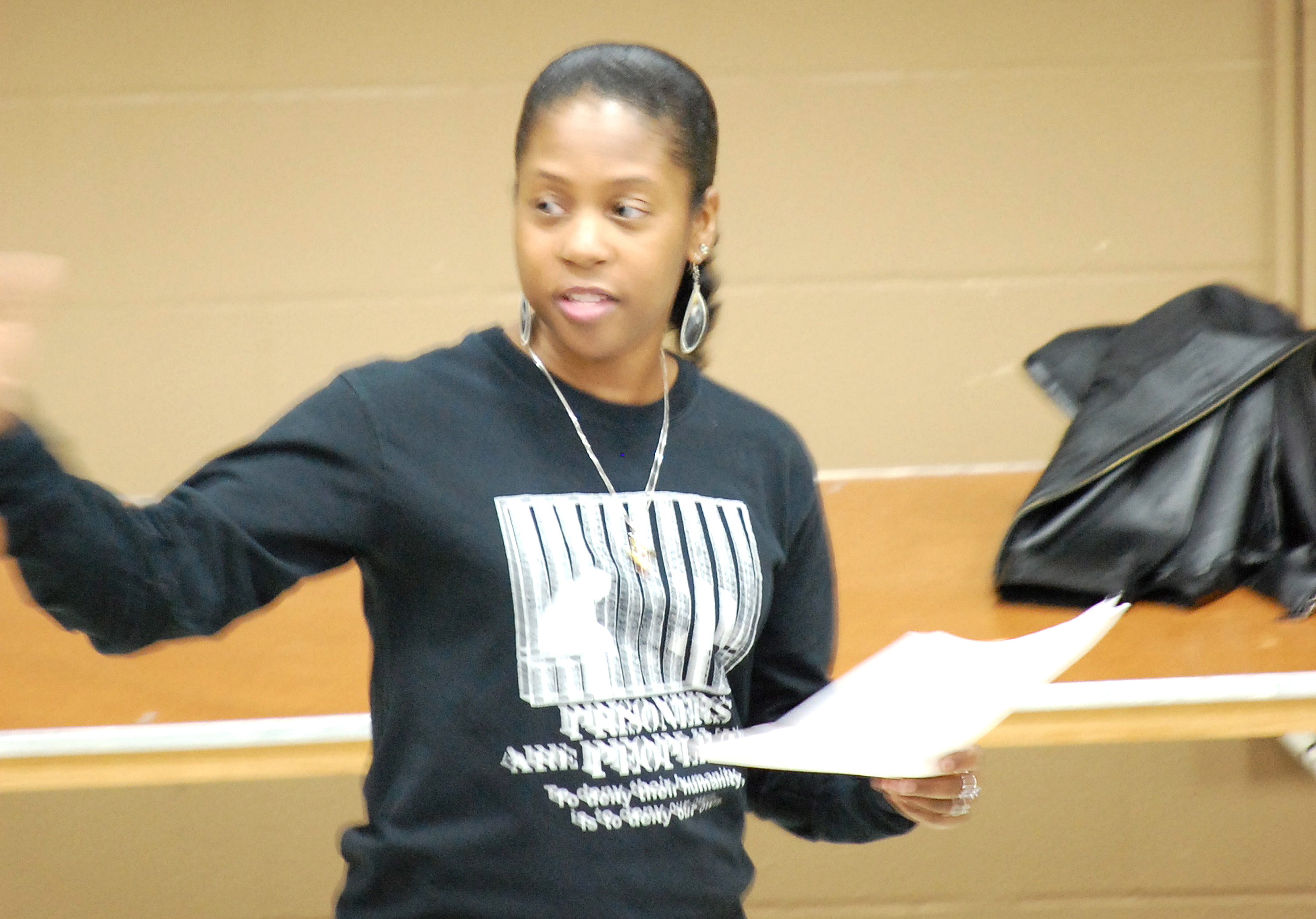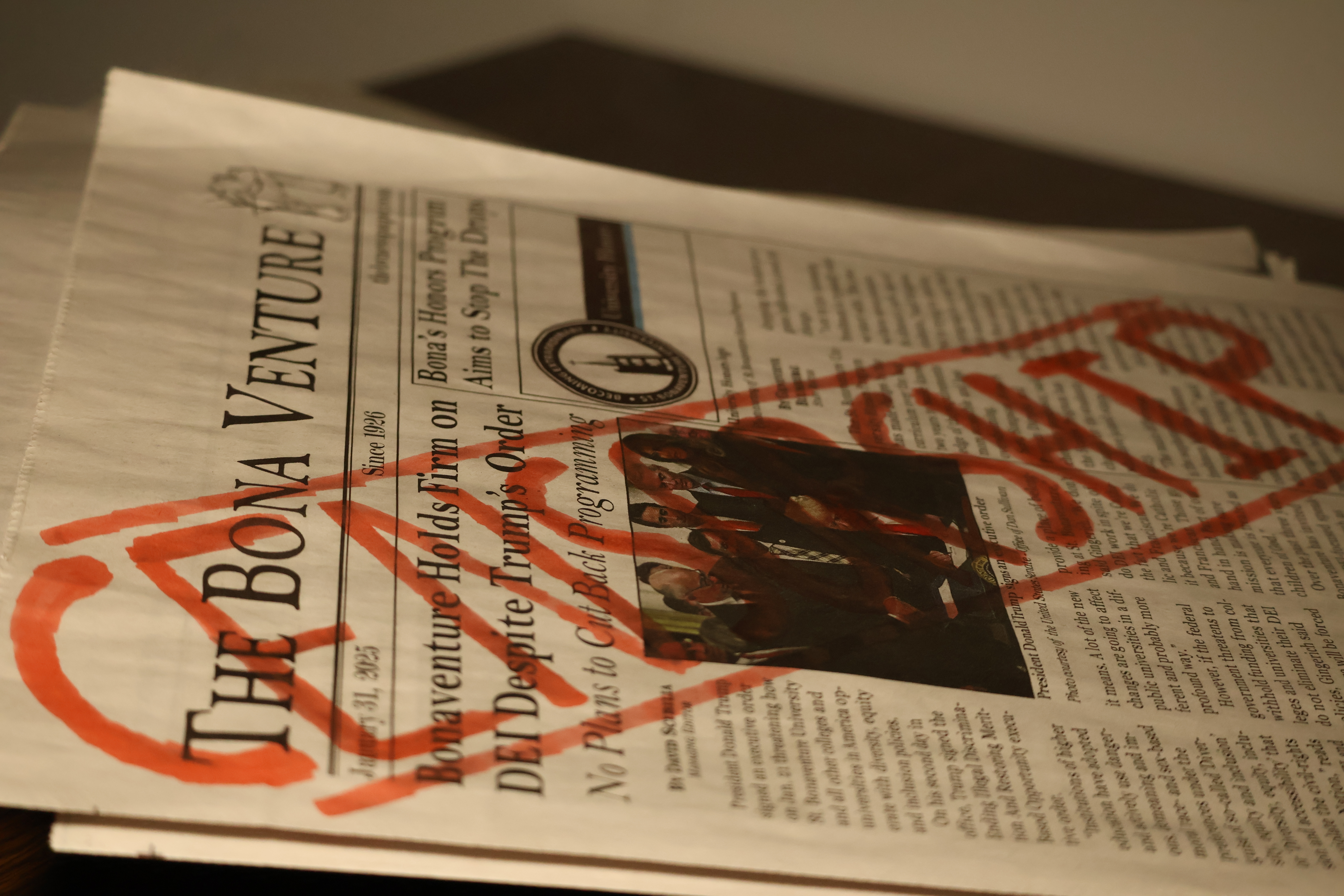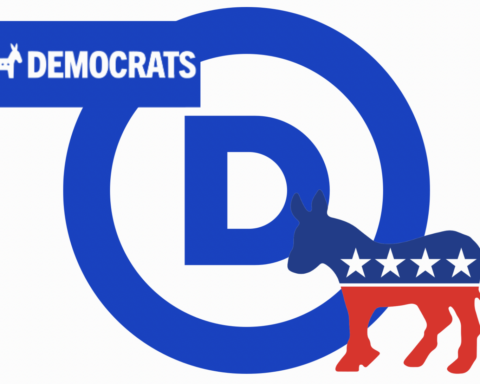In the wake of the apparent suicide of Jeffrey Epstein over the summer, many people were extremely speculative over the death of the multi-millionaire. In early August when the accused sex trafficker was found dead in his cell, many conspiracies came up, citing the countless high profile figures in Epstein’s personal circle including Queen Elizabeth’s son, President Donald Trump and President Bill Clinton.
During the immediate aftermath, countless conspiracy theories came up online surrounding the death of the philanthropist, and many believed that someone higher up facilitated his death. But Epstein’s death was not a confabulation from a luminary, rather a reflection on the declining prison system in America.
During the time of death for Epstein, he had two guards watching him. One was working his fifth consecutive day of overtime work for that week; the other was laboring mandatory overtime shifts. But why does the country that holds only 5% of the world’s population incarcerate over a quarter of the world’s prison population? Why does the United States have over 2.2-million people behind bars— more than over 100 countries’ entire populations? And why does the United States only have a handful of guards to work throughout the country?
Throughout the United States, there are only 415,000 prison guards. That means for every guard there are five prisoners. When guards have to work all-day long, year-round and barely get paid more than a college student working at a grocery store, you can expect accidents like Epstein’s to happen.
Guards are underpaid, overworked and underqualified for the work that they do. You may have heard that our country’s largest mental health industry is not in the hospitals or counseling offices, but the prison system. When 20% of inmates struggle from mental health issues, guards have to deal with challenges from 440,000 prisoners dealing with an internal crisis. And when a correctional officer’s required education is only a high school diploma or equivalent, they are grossly underqualified for their jobs.
With the number of psychiatrists dwindled down to under 28,000 in the US, under 500,000 qualified mental health counselors and over 1700 federal prisons in the US, there are not nearly enough qualified mental health counselors to go around the country. With schools, towns and cities all requiring a plethora of counselors and psychiatrists, only a handful voluntarily work with prisoners.
With thousands of people struggling from mental illness in each prison, and only one counselor to monitor the inmates, service is anything but par—leading to more issues including the opioid and substance abuse crises. When only a couple of counselors are able to work, appointments last only a few minutes, and pills are handed out like candy on Halloween.
The necessity for better trained guards is imperative, not because of the Epstein incident, but because of the hundreds of similar incidents that happen every week. They go unnoticed and under the radar with 4,400 prisoners dying behind bars every day. By having correctional officers in mental illness training, the fertility rate will go down significantly and incidents similar to Epstein’s will be prevented.
By Matthew Villanueva, Opinion Editor
villanjm18@bonaventure.edu






